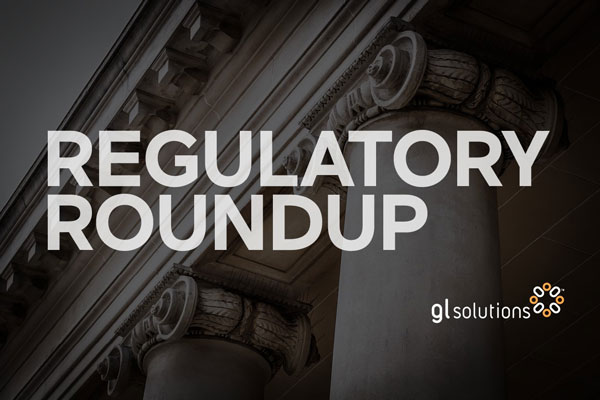Public Health Worker Survey Shows a Workforce Crisis
The results of a national survey of public health workers show the impacts of responding to the COVID pandemic, including increased stress, along with symptoms of post-traumatic stress syndrome. The de Beaumont Foundation surveyed almost 45,000 staff in state and local government public health departments. The Public Health Workforce Interests and Needs Survey (PH WINS), entitled Rising Stress and Burnout in Public Health, show over half of respondents suffer from one or more symptoms of PTSD. Nearly one in three consider leaving their current job within the year. Yet, despite the stress and burnout, the survey reveals a dedicated and resilient group; ninety-three percent, for example, still feel determined to do their best, according to Governing on March 30.
Ore. Owes $1.3M to Home-Care Workers Shorted by Computer Glitch
Oregon must pay a combined $1.3 million in late fees to over 4,000 home-care workers affected by late or incomplete payments caused by glitches in the state’s software system. The union representing the workers knows of over 8,600 instances over the last seven months where Oregon’s Department of Human Services failed to give the workers their full paycheck on time. And the glitches affected 4,366 workers—almost a sixth of Oregon’s home-care workers, who care for seniors with disabilities. The settlement requires ODHS to pay these affected workers $150 for each incident they received an incorrect payment, in addition to the pay owed to them. Oregon plans to send money to these workers, starting in May, according to Government Technology on March 31.
NY Board of Ed. Owes Teachers Millions for Biased Licensing Exam
The New York City Board of Education plans to end their appeal in a case brought against the New York Education Department and the New York City Board of Education by four teachers of color in 1996, who said the required test for obtaining a teaching certificate, disparately affected Latino and African American teachers. According to their original complaint, the test takers passed the test about 93% of the time, comparted with 53% for black applicants and 50% for Latino applicants. The state allowed those that failed the test to go into the classroom, but earning reduced salaries and no benefits. An attorney for the plaintiffs says the agreement requires the Board of Education to stop appealing judgments awarding approximately $660 million for damages to former Black and Latino teachers, according to K-12 Dive on March 30.
Utah Strengthens Review Process of New Occupational Regulations
A new law in Utah, signed by Utah Gov. Spencer Cox on March 24, moves the review of proposed new licenses and occupational regulations to a dedicated office, the Office of Professional Licensure Review. Called “sunrise review,” the process gives legislators information to help them make decisions. Under Utah’s existing sunrise law, adopted in 1999, the state’s reviewer publishes an annual report, describing the sunrise reviews that occur; however, between 1999 and 2017 the state issued only two reports—with a total of three reviews, according to Forbes.
Other Regulatory Headlines
Florida therapists could be out of a job if they don’t meet new licensing deadline
Unlicensed contractors who left pool jobs unfinished fined $250K by state board
As home births increase in popularity, some midwives operate in a legal gray area
Bill would allow out-of-state therapists to practice in NH, launch new phase of telehealth
Stay up to date
Subscribe to our newsletter to receive the latest regulatory news delivered to your inbox each week.


